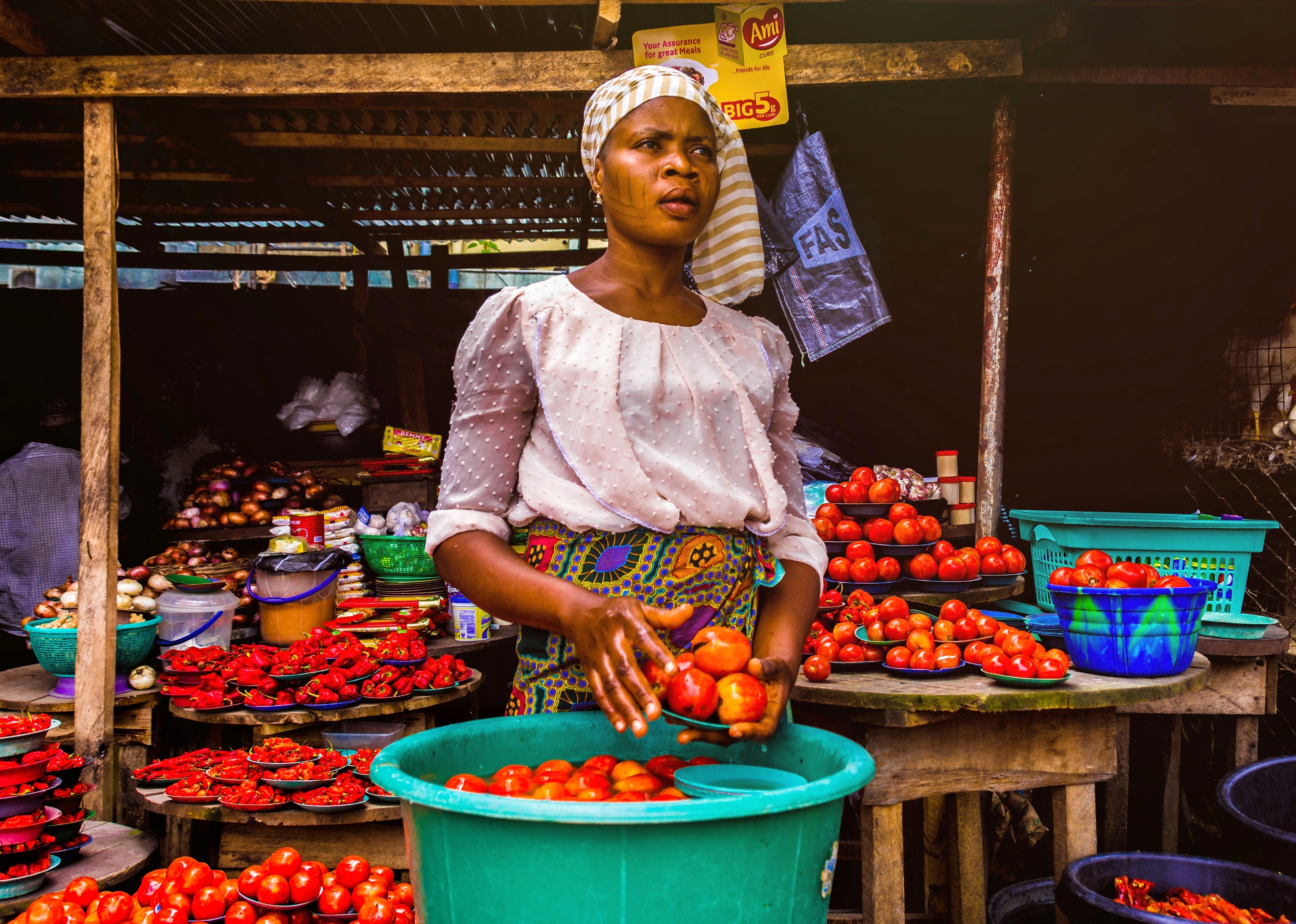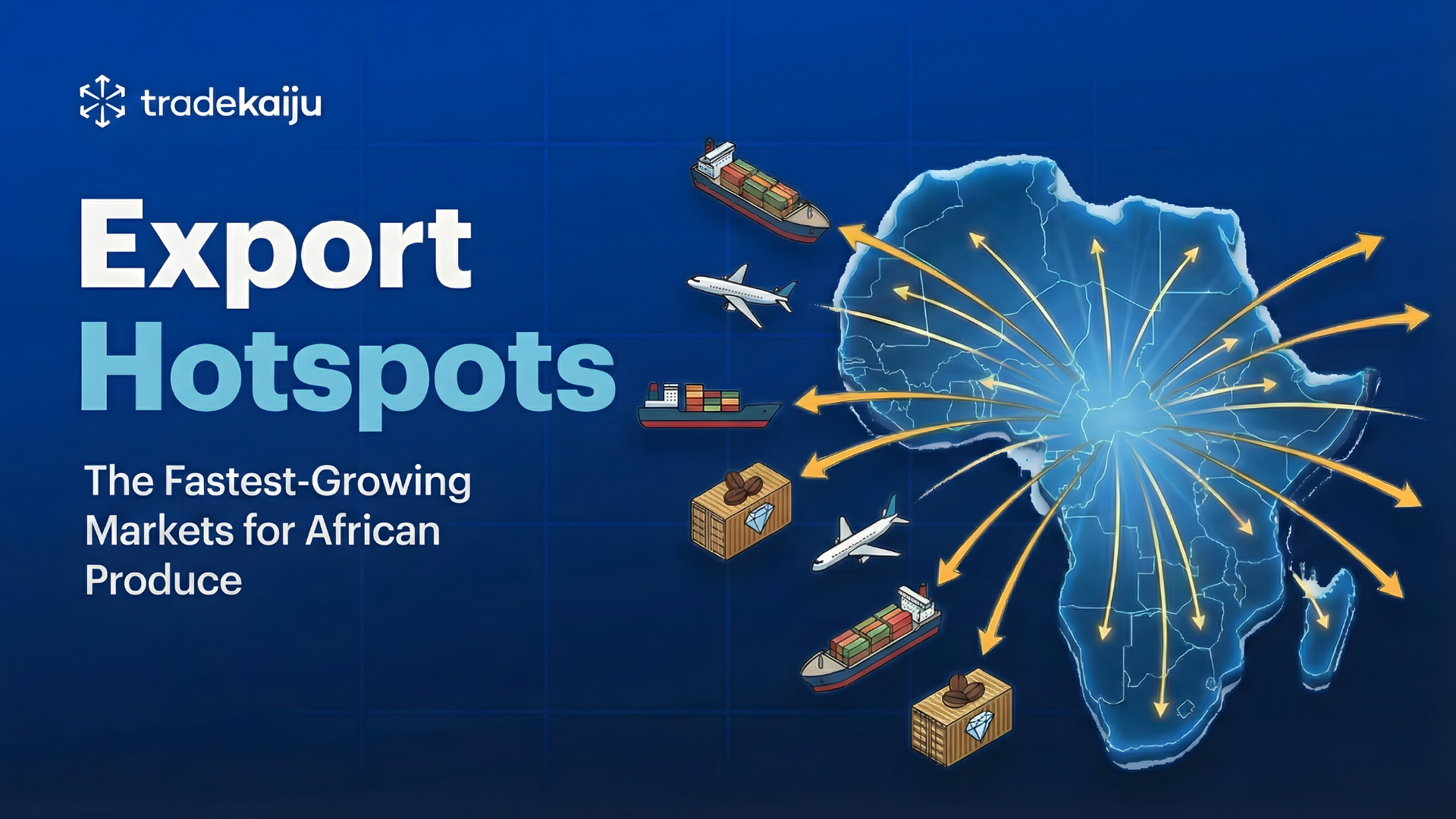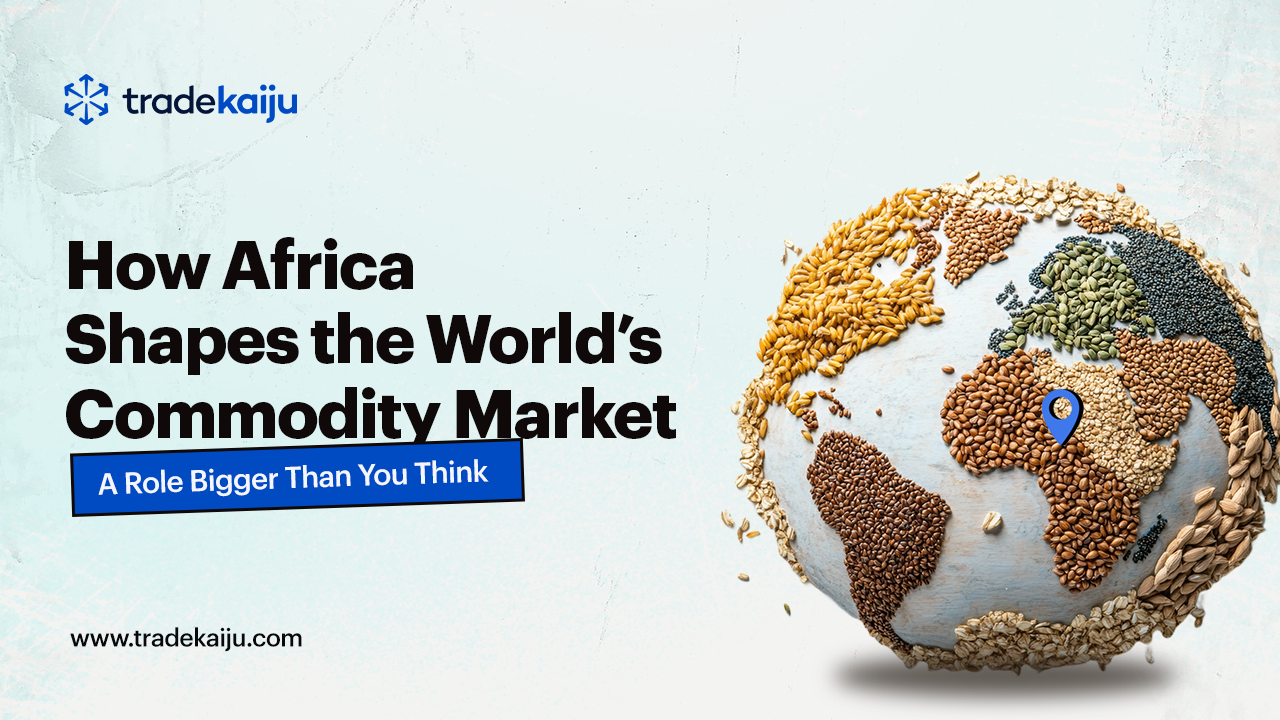Food Importation vs. Local Production in Africa: Balancing Cost, Quality, and Sustainability
Date Posted: 2023-04-20 15:45:50

As the demand for food in Africa continues to grow, the question of how best to meet that demand is becoming increasingly important. On one hand, importing food from abroad can provide a quick and convenient solution to food shortages, but it can also be costly and have a negative impact on the local economy. On the other hand, boosting local production can help to create jobs and stimulate the local economy, but it can also be challenging to maintain quality and sustainability standards.
In this blog post, we will take a closer look at the pros and cons of food importation and local production in Africa and explore the steps that are being taken to balance cost, quality, and sustainability in the food industry.
Food Importation in Africa
One of the main advantages of food importation in Africa is that it provides a quick and convenient solution to food shortages. This is especially true in areas where local production is limited due to factors such as lack of resources, infrastructure, or technology. In addition, food imports can provide access to a wider variety of products that might not be available locally, such as exotic fruits and vegetables.
However, there are also several disadvantages to food importation in Africa. One of the biggest challenges is the cost, as imported food is often more expensive than locally produced food. In addition, importing food can also have a negative impact on the local economy, as it reduces the demand for locally produced goods and contributes to the trade deficit. Finally, there are also concerns about the quality and safety of imported food, as there is a risk of contamination from chemicals and pollutants.
Local Production in Africa
One of the main advantages of local production in Africa is that it can help to create jobs and stimulate the local economy. By increasing the demand for locally produced goods, local production can help to reduce poverty and boost economic growth. In addition, local production can also help to ensure that food is of higher quality and is produced using sustainable methods, as farmers are more likely to take pride in their products and take steps to protect the environment.
However, there are also several challenges to local production in Africa, such as lack of resources, infrastructure, and technology. This can make it difficult for farmers to produce crops in large quantities, which can limit their ability to meet the demand for food. In addition, there are also concerns about the quality of local production, as farmers may use harmful chemicals or use unsustainable methods that can have a negative impact on the environment.
Balancing Cost, Quality, and Sustainability in Africa's Food Industry
In order to balance cost, quality, and sustainability in Africa's food industry, there are several steps that can be taken. One of the most important is to increase investment in local production, by providing farmers with access to resources, infrastructure, and technology. This can help to improve the quality and quantity of local production, which in turn can help to reduce the demand for imported food.
Another important step is to improve the quality and safety of imported food, by strengthening the regulatory framework and increasing the capacity of government agencies to enforce food safety standards. This can help to ensure that imported food is safe for consumption and meets the needs of the population.
Finally, it is also important to promote sustainable practices in both local production and food importation, by providing farmers with access to information and training on sustainable methods and by encouraging companies to adopt sustainable practices in their operations. This can help to protect the environment and ensure that food is produced in a responsible and sustainable manner.
In conclusion, balancing cost, quality, and sustainability in Africa's food industry is a complex challenge, but it is one that is critical
Similar Blog Posts

Africa’s agricultural sector is on the rise, and so is global demand for its produce. As the continent continues to bu

Africa isn’t just a participant in the global commodity market, it’s a driver. The continent holds: 30% of the worl

Cashew is one of Africa’s most valuable export crops, yet many people (especially new traders) don’t fully understan